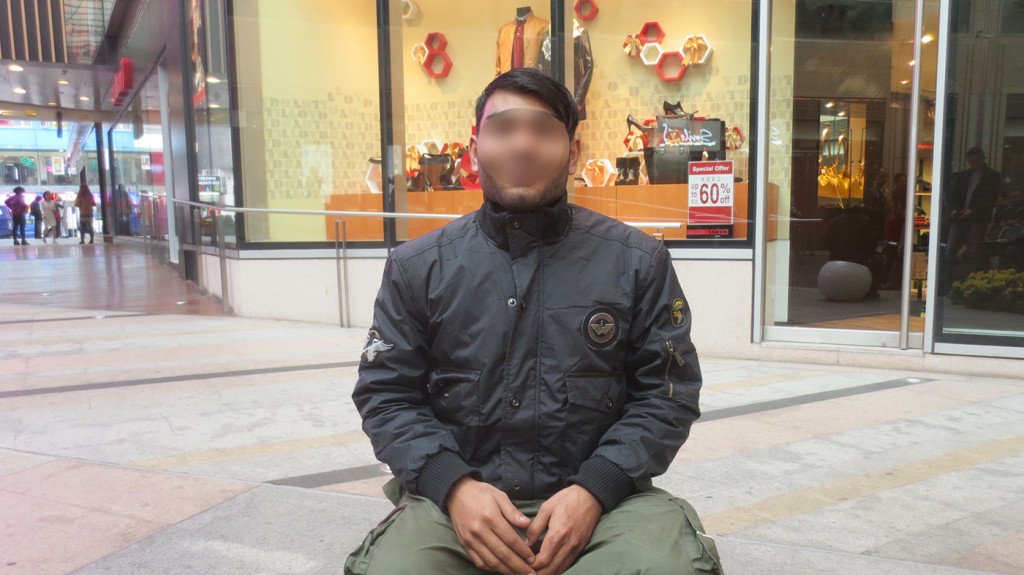
Under the heading “WE BELIEVE”, our website defines a key principle held for its fundamental and universal value. It is worth repeating, “Vision First is a proponent of the view that every asylum claim must be approached on the premise that it is genuine … No adverse inferences must be drawn … asylum seekers should benefit from the rights and privileges enjoyed by all citizens – as economic expectations are hardly incompatible with seeking asylum.”
In 2012 and 2013 Vision First was informed that hundreds of Bangladeshi refugees in remote slums were forced to choose between “rent assistance” and “food assistance”. Refugees were informed that they could not have both and should therefore share huts and emergency rations with conational.
Before learning about human rights and state duties, uninformed refugees didn’t know any better and such a shameful arrangement was regrettably widespread. In our experience other nationalities were not subjected to this biased treatment that apparently did not occur in urban areas.
Today Vision First reports that refugees are sometimes being forced to cohabitate in Kowloon where the lousiest, cheapest subdivided rooms cost more than 3000$. In principle there is nothing wrong with refugees living together, a practical solution to mitigate welfare constraints when friendly cooperation exists.
The process however degenerates into cruel and inhuman treatment when cohabitation is coerced. “Find a friend to share a room or ISS will not pay rent” is hardly a solution. Several refugees reported requesting assistance to avoid being homeless in winter nights only to be told to find somebody to share a room with. They emphatically informed caseworkers that they knew nobody suitable and were sleeping on the street around the Cultural Centre.
How does a government contractor ignore the plight of certain refugees when rooms in guesthouses are available to other nationalities? Besides, homelessness is terrible for anyone, irrespective of country of origin.
A referral from SWD for a non-refoulement claimant should only be considered by the state of destitution, connections and resources of the person concerned. Other factors would shift public welfare into a highly undesirable form of migration control.
A refugee homeless since 22 December said, “I told my officer that I am sleeping next to pillar number 2 at Star Ferry. Several times I told him that I am homeless. I and freezing because I don’t have a blanket. I begged for a guesthouse but was told that I should find somebody to rent a room together. But I don’t know anyone and even if I start looking for a room it will take several days … and nights!”
There are good reasons why we shudder at caseworkers uttering the words “on a case by case basis” that generally signal an abdication of duty and shunning of responsibility on the one hand, and on the other a failure to have regard of the best interest of refugees with reasonable consideration of their means.
Vision First will report several incidents of forced cohabitation to the Social Welfare Department in hope that recommendations will be made to stop such shameful practices. For those we encounter in outreach the problem will be solved, but how about those we don’t?
Later we can only shake our heads when egregious treatment is excused with the other highly abused expression, “It was a misunderstanding!” Refugees are annoyed by this excuse and underline that honest misunderstandings work both ways – sometimes you should get too much!


